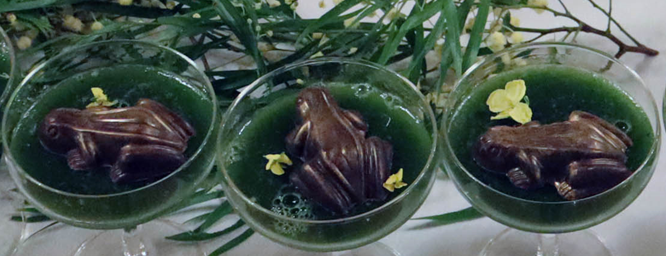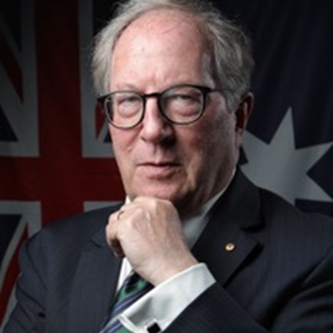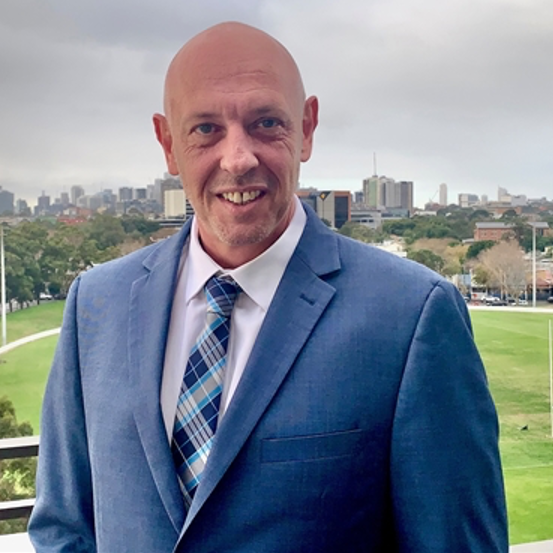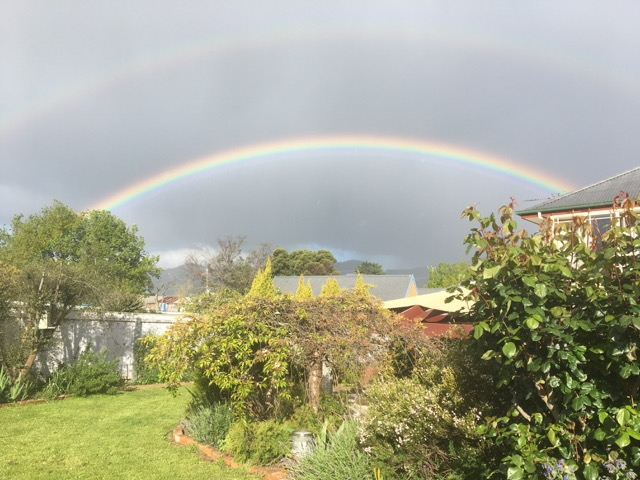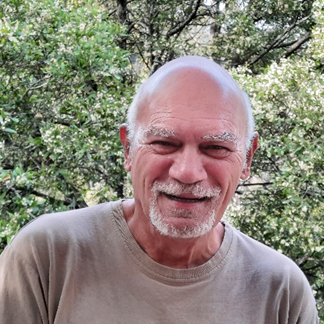How much legal knowledge do school principals have, and how accurate is it? This presentation is based on a PhD study conducted in Tasmania concerning the impact of legal issues on school principals and their schools. It examines the legal literacy of Tasmanian government, Catholic and Independent school principals and asks whether they should really become lawyers.
Allison is a researcher in the School of Education at the University of Tasmania, based in Launceston. She has qualified in both Law and Education and combines those professional interests in her research on Education Law. In 2018 Allison was awarded the Australia and New Zealand Education Law Association Anne Shorten Prize for her PhD thesis, Education Law, Schools and School Principals.
